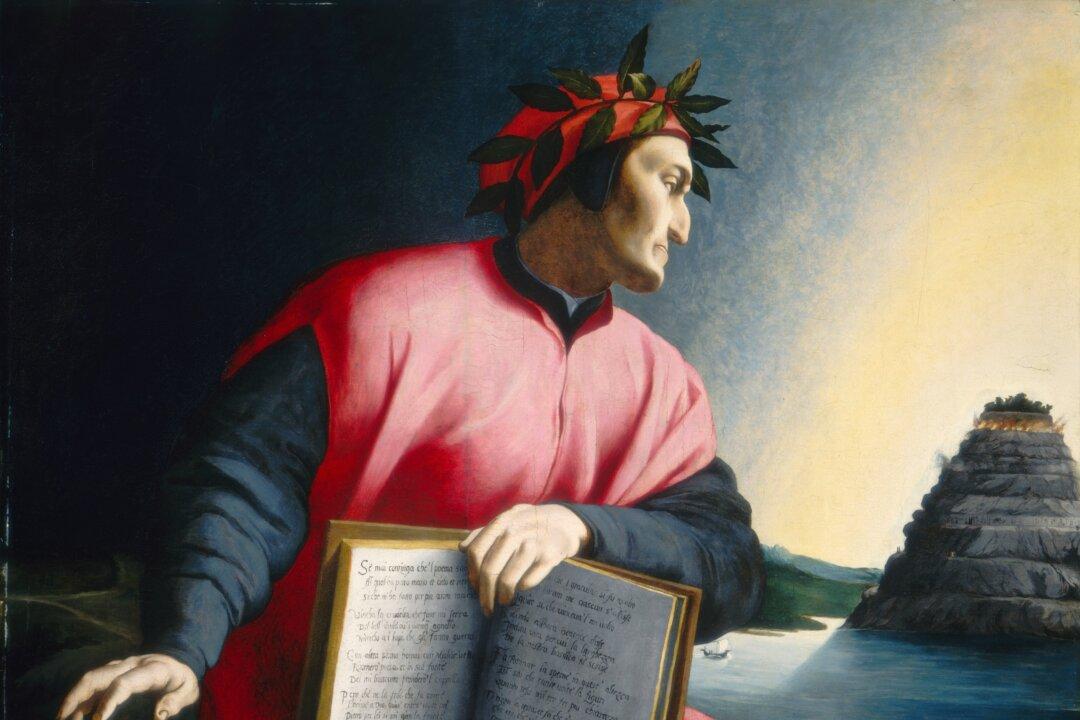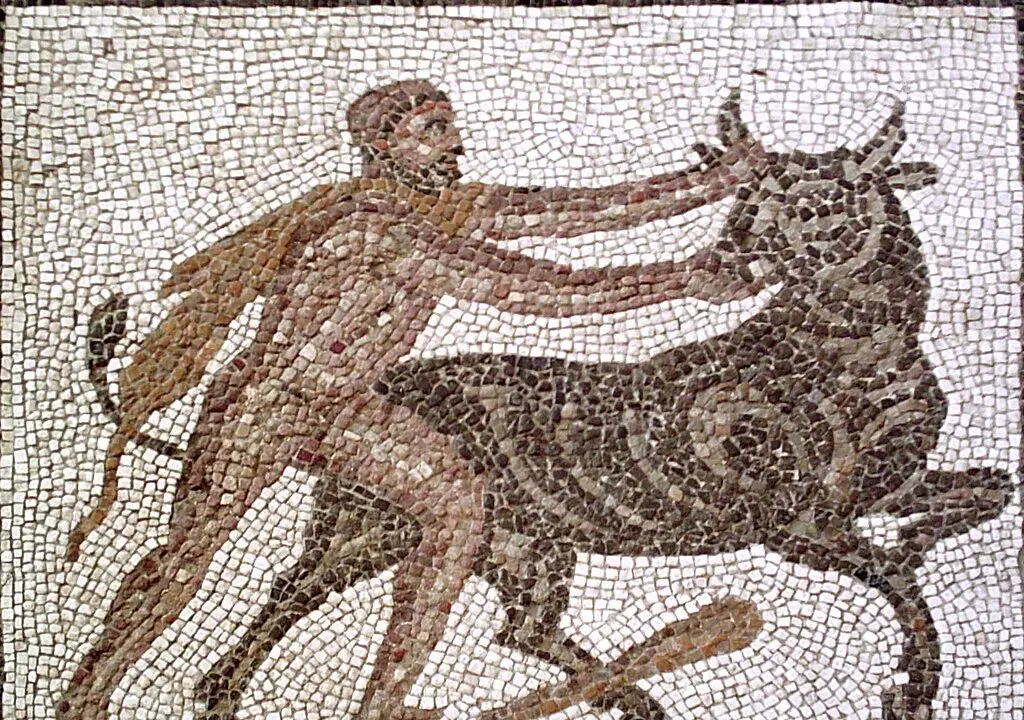When we look at the world today, we see a world of trouble, turmoil, and an increasing sense of hysteria and panic threatening to rage out of control. We seem to be victims of forces beyond our control. For the West, the CCP (Chinese Communist Party) virus, commonly known as the novel coronavirus, is perhaps a supreme example, though we may well have cited global warming, catastrophic natural phenomena, or even our own wars that never seem to end.
For most, we’ve never seen or experienced anything like this pandemic. Those who fought in or experienced World War II are mostly dead now, and the Baby Boomer generation is the generation of affluence the likes of which the world had never experienced before—but heck, it seems as if someone has to pay the piper today!






